Remember the Wonders
As another week of quarantine begins, I’ve noticed a new worry taking root in my heart. Finances. With the stock market on a roller-coaster ride, I’m growing concerned about what my husband and I will live on in the future if our retirement fund vanishes. Our senior friends and family members face the same worry. Many of my friends make their living through conferences and retreats and concerts—all of which have been cancelled, leaving them without an income. My son and many others have been laid off from work without pay.
But I think I’ve discovered an antidote to my financial fears, and for the many other fears that have arisen during these strange times: Remembering.
I remember a time, years ago, when our finances were extremely tight after my husband went into full-time ministry. I was trying to outfit our three children for school one fall and the list of school supplies ate up a huge chunk of our budget, leaving little room for clothes. The kids would need warm boots for the Canadian winters, which meant we could afford only one pair of shoes apiece—and they would have to be gym shoes. Our son Ben, then six years old, spotted a pair of shiny, black dress shoes like his dad wore to church, and he begged me to buy them instead of the gym shoes. He wanted to dress up for church, too. I had to say no.
“Then I’ll pray and ask God for them,” he replied.

Uh oh. His simple faith astounded me. And worried me. How could I support and encourage his fledgling prayer life yet still teach him that prayer isn’t a magic wand you can wave to get whatever you want? I had no idea. But meanwhile, I started scrambling for a way to “play God” and buy those shoes for him. Maybe I could find some extra cash somewhere or ask Grandma for a loan. Because truthfully, I didn’t quite believe that God would answer Ben’s prayer.
The very next day—while I was still scheming—my neighbor came over with a bag of clothes that her son Martin had outgrown. He was a year older than Ben, and I was grateful for the hand-me-downs. “Now, I don’t know if you’ll want these or not,” she said. “Martin was in a wedding last year and he only wore them once.” She pulled a pair of shiny, black dress shoes from the bag.
They were Ben’s size.
“Yes,” I murmured, barely able to breathe.
“Well, good. Then here’s another pair Ben can grow into.” She lifted a second pair from the bag. “Martin was in another wedding recently and I know he’ll never wear these again, either.”
I’m quite sure I heard God laughing.

Ben treasured both pairs of those shoes, and I know that his faith grew from the experience—as did mine. I had known in theory that God feeds the sparrows and clothes the lilies, but I learned that He also hears a six-year-old boy’s very specific prayers and is well able to answer them. To abundantly answer them! And now, remembering this lesson, I know that I can trust God with my prayers for the future.
Jesus said “So do not worry, saying ‘What shall we eat?’ or ‘What shall we drink?’ or ‘What shall we wear?’…Your Heavenly Father knows that you need them.” In fact, He even knows your shoe size.
In these trying times, let’s all “Remember the wonders He has done…” (Psalm 105:5) and trust Him to hear our prayers.
- 2391
- 12
- 0





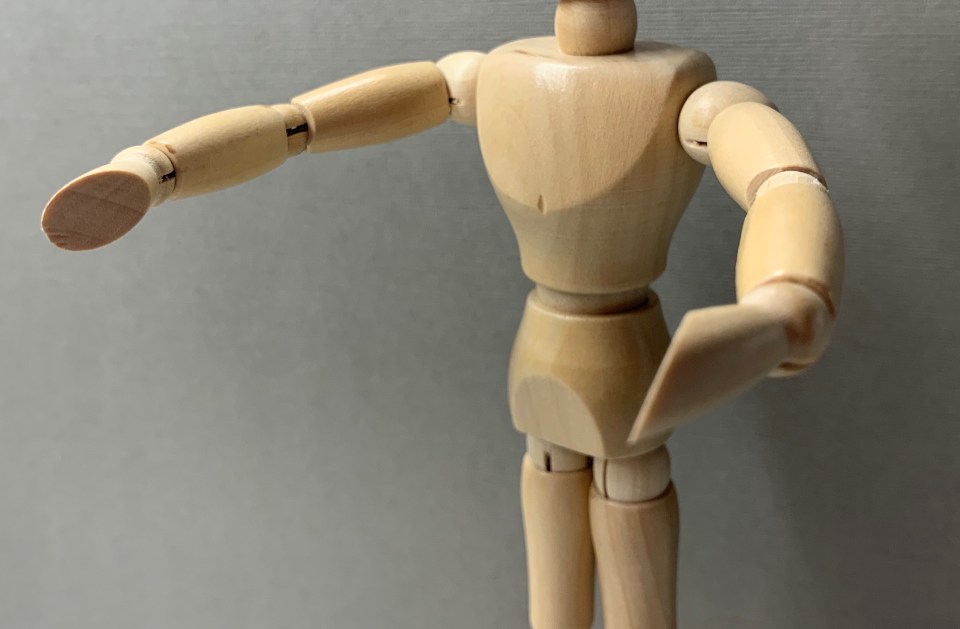


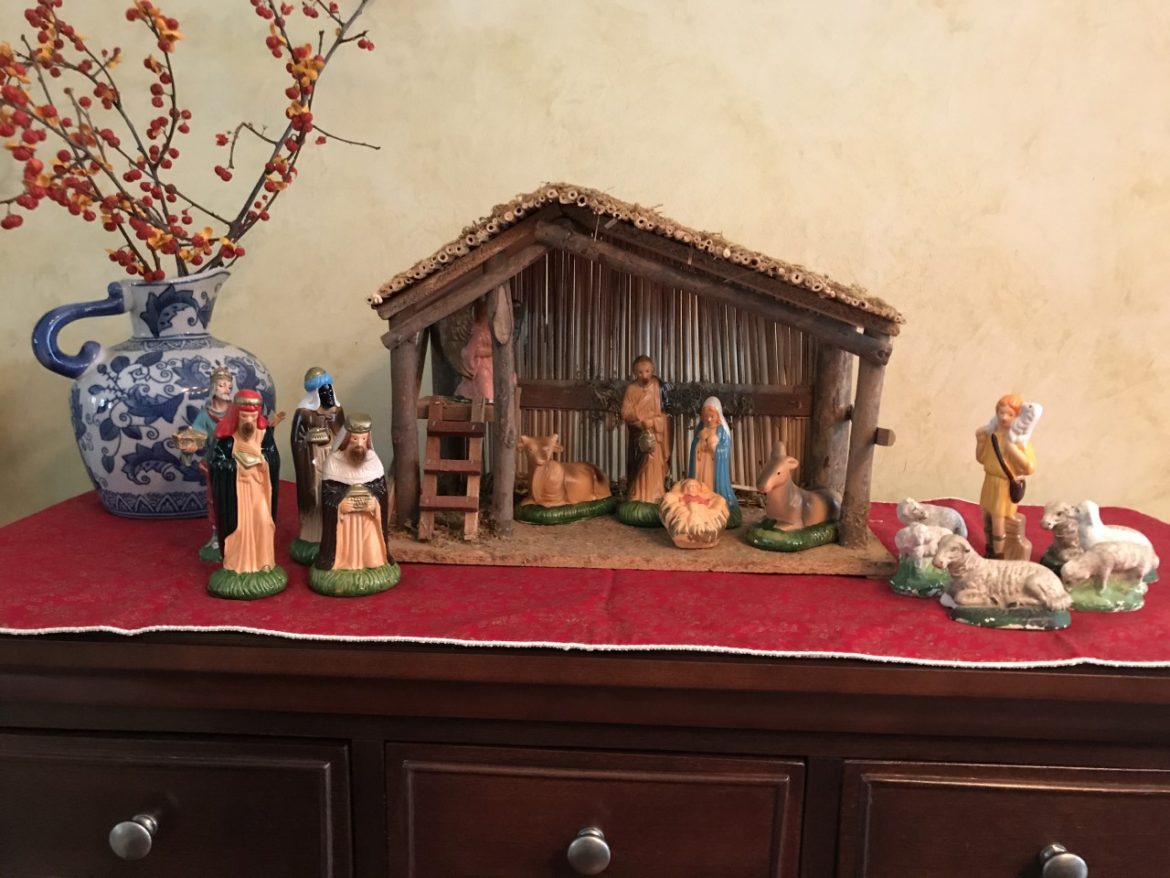


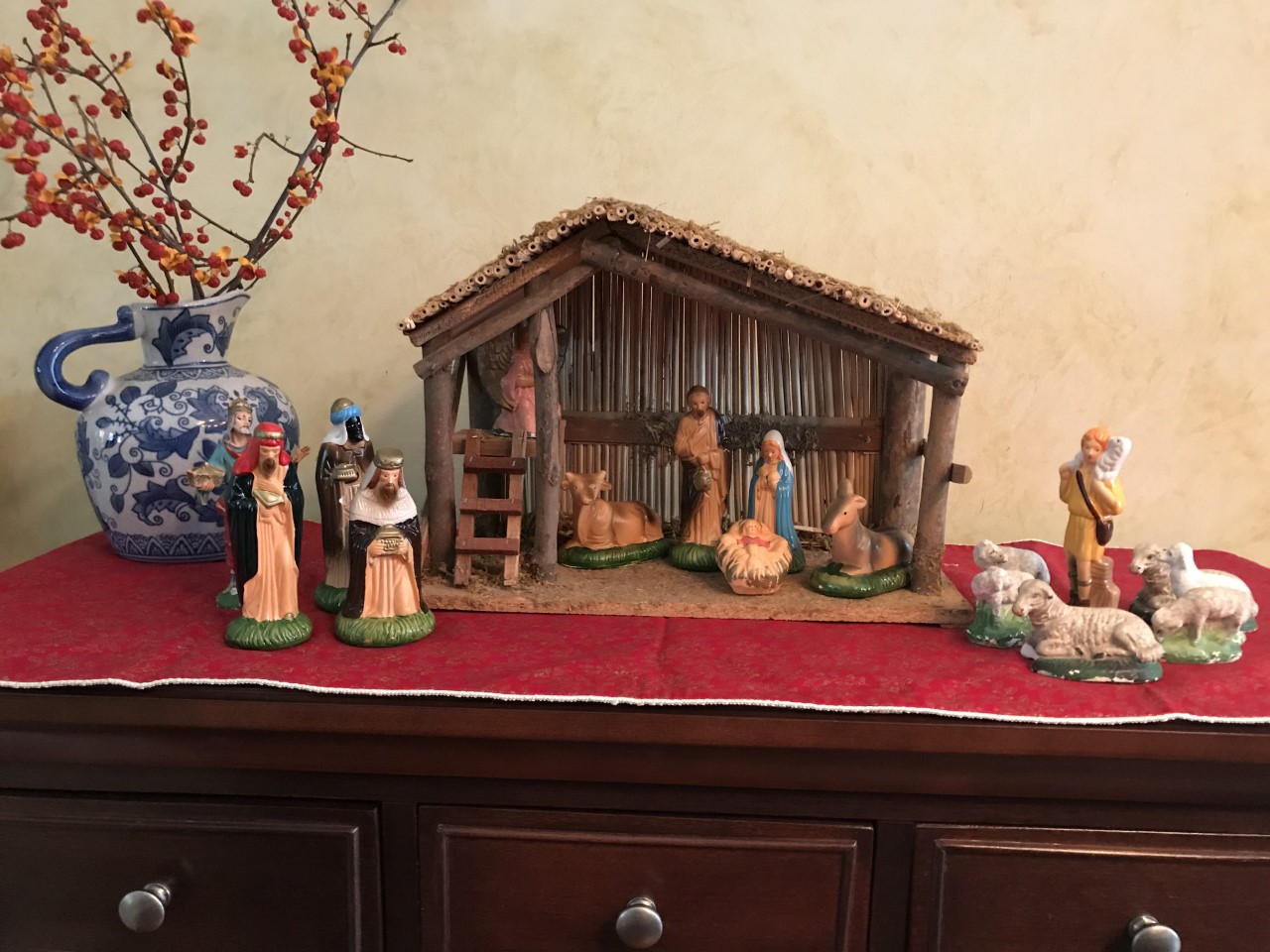
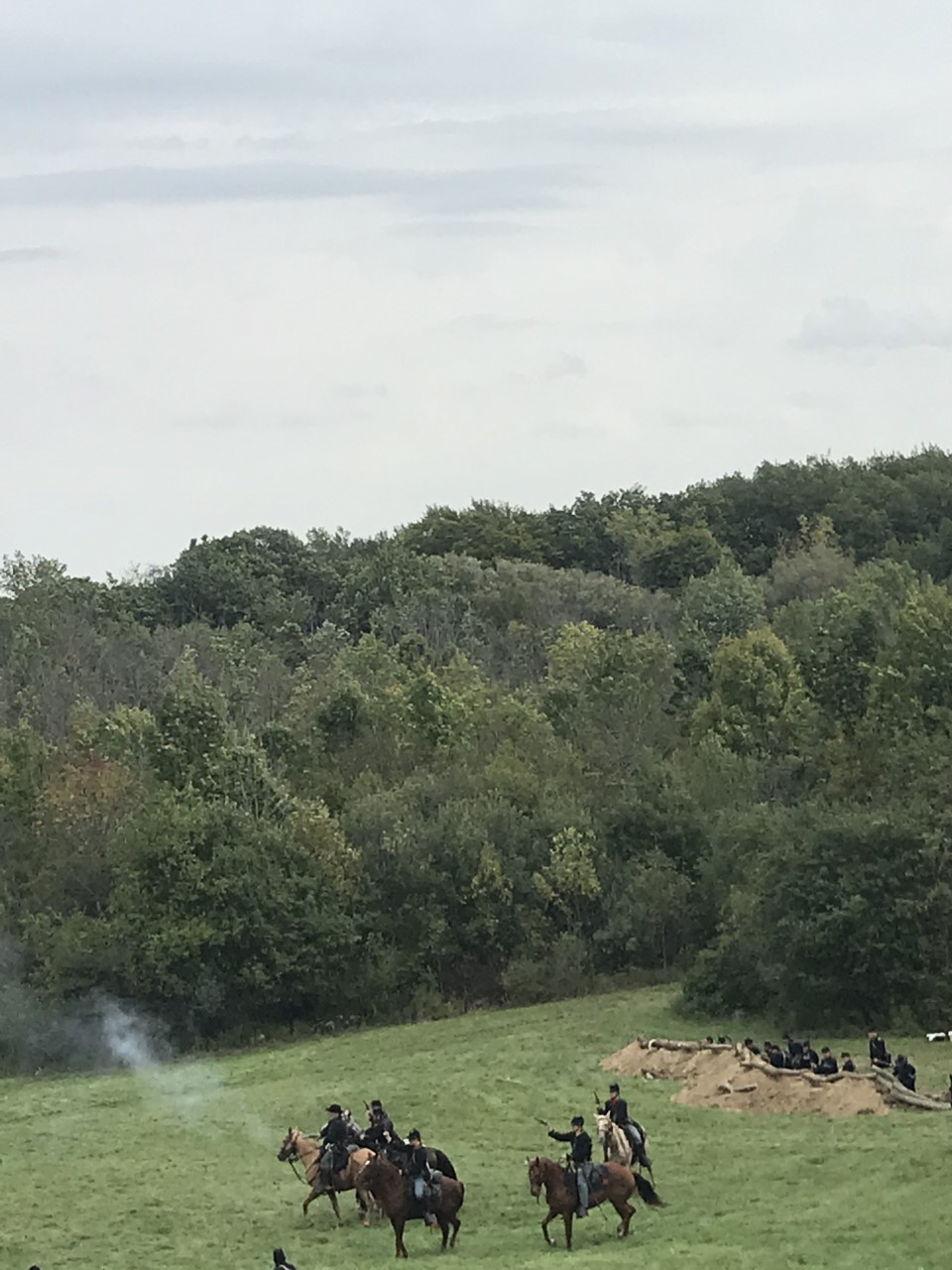
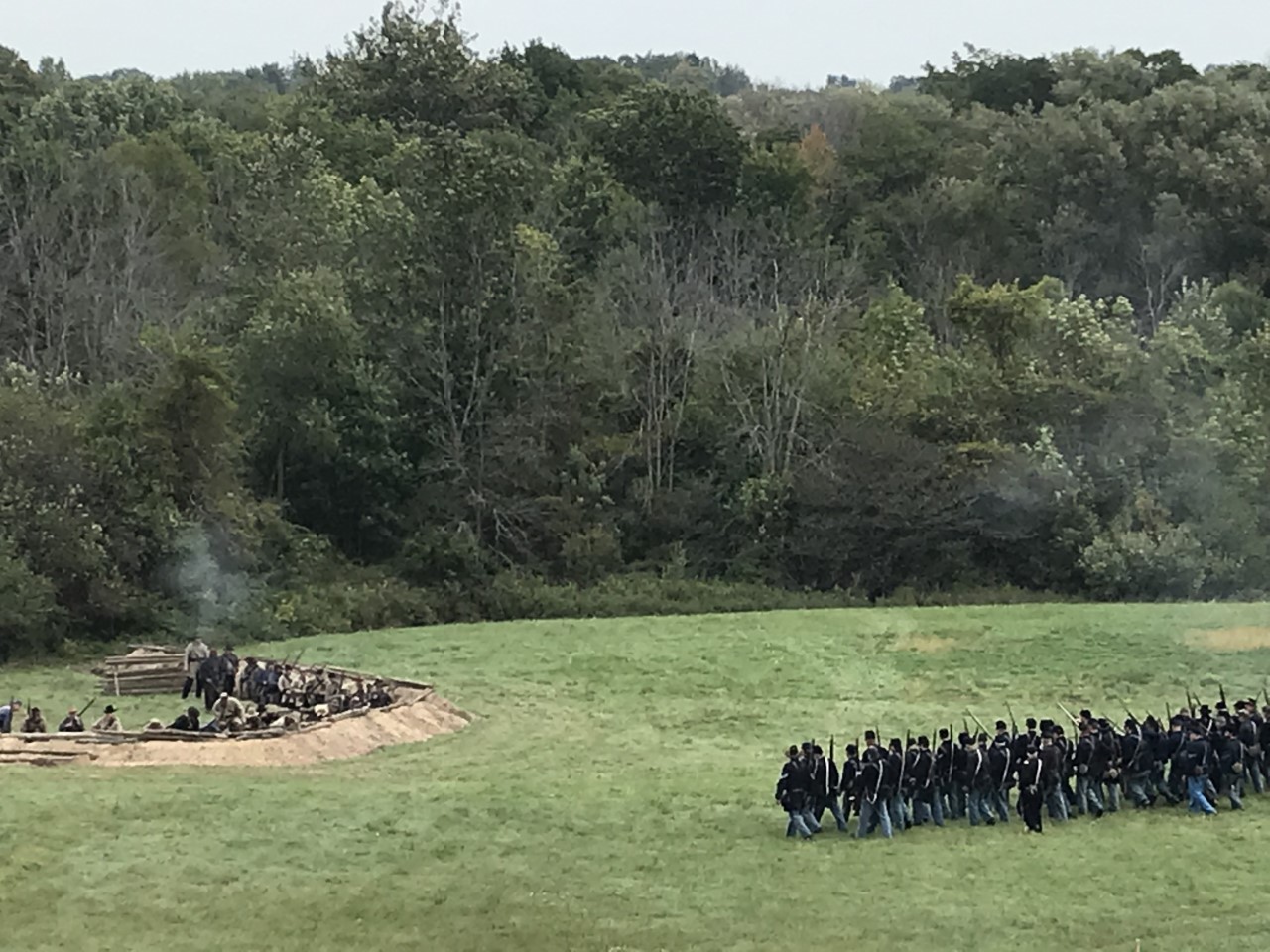
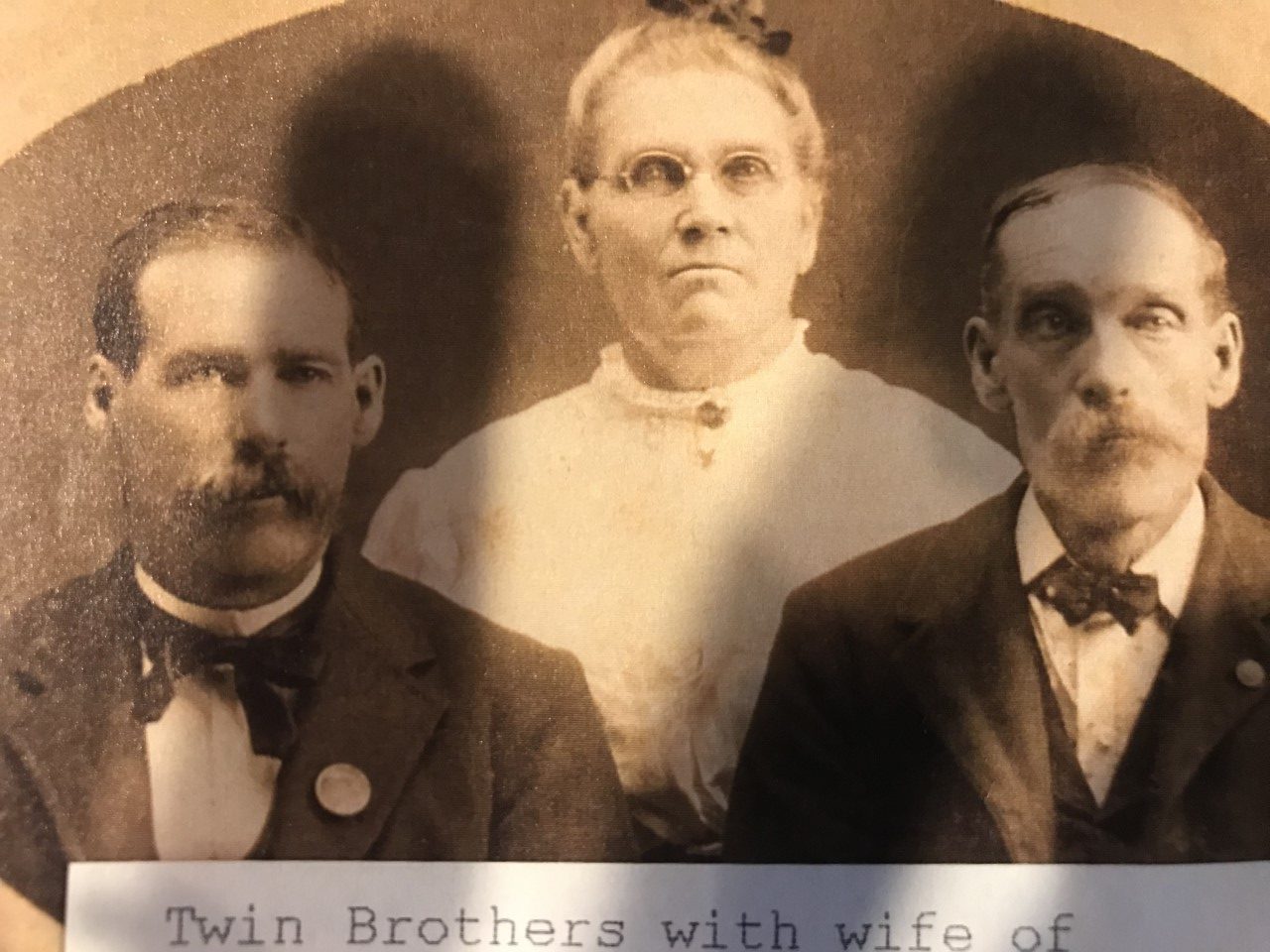
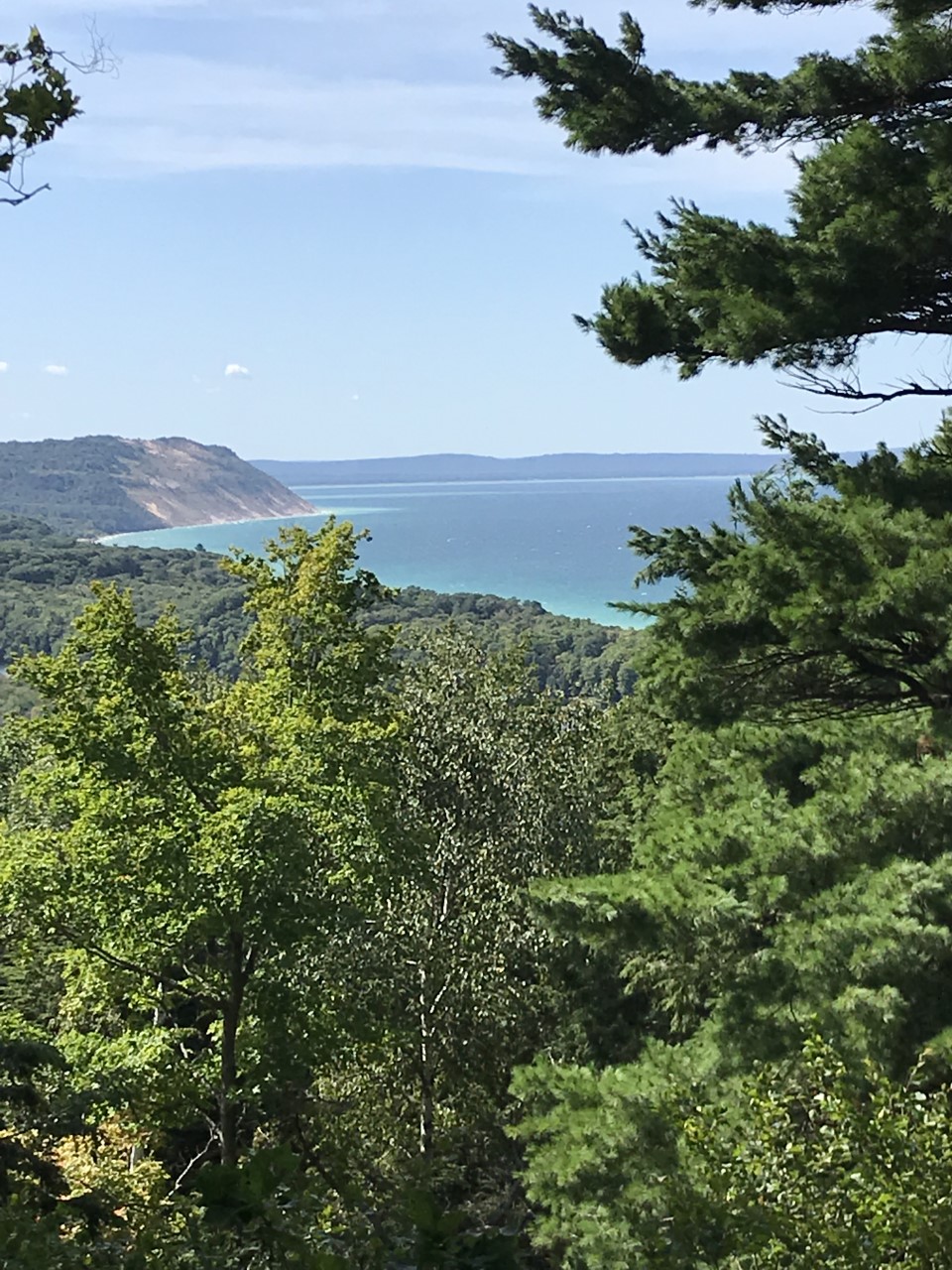
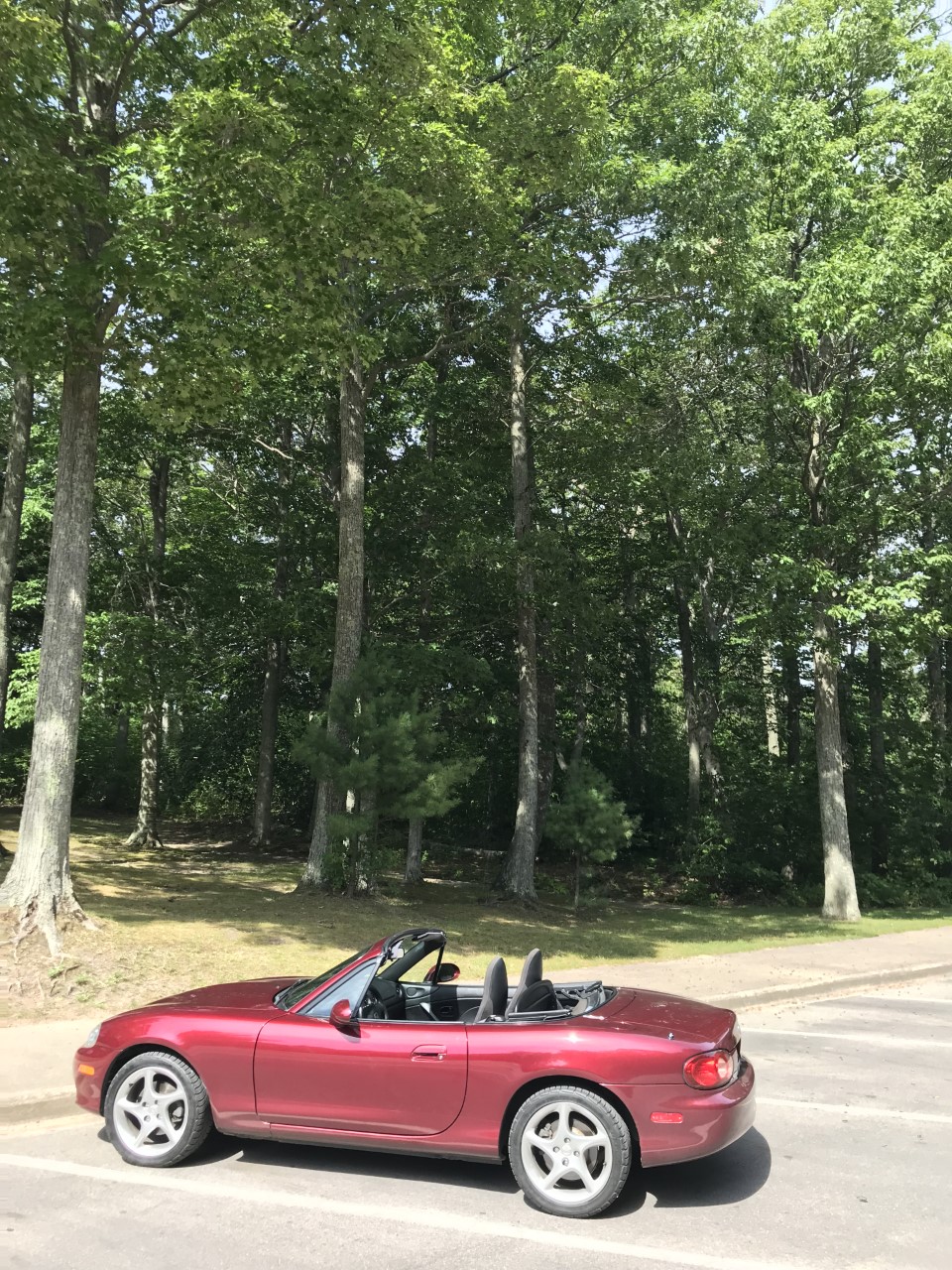
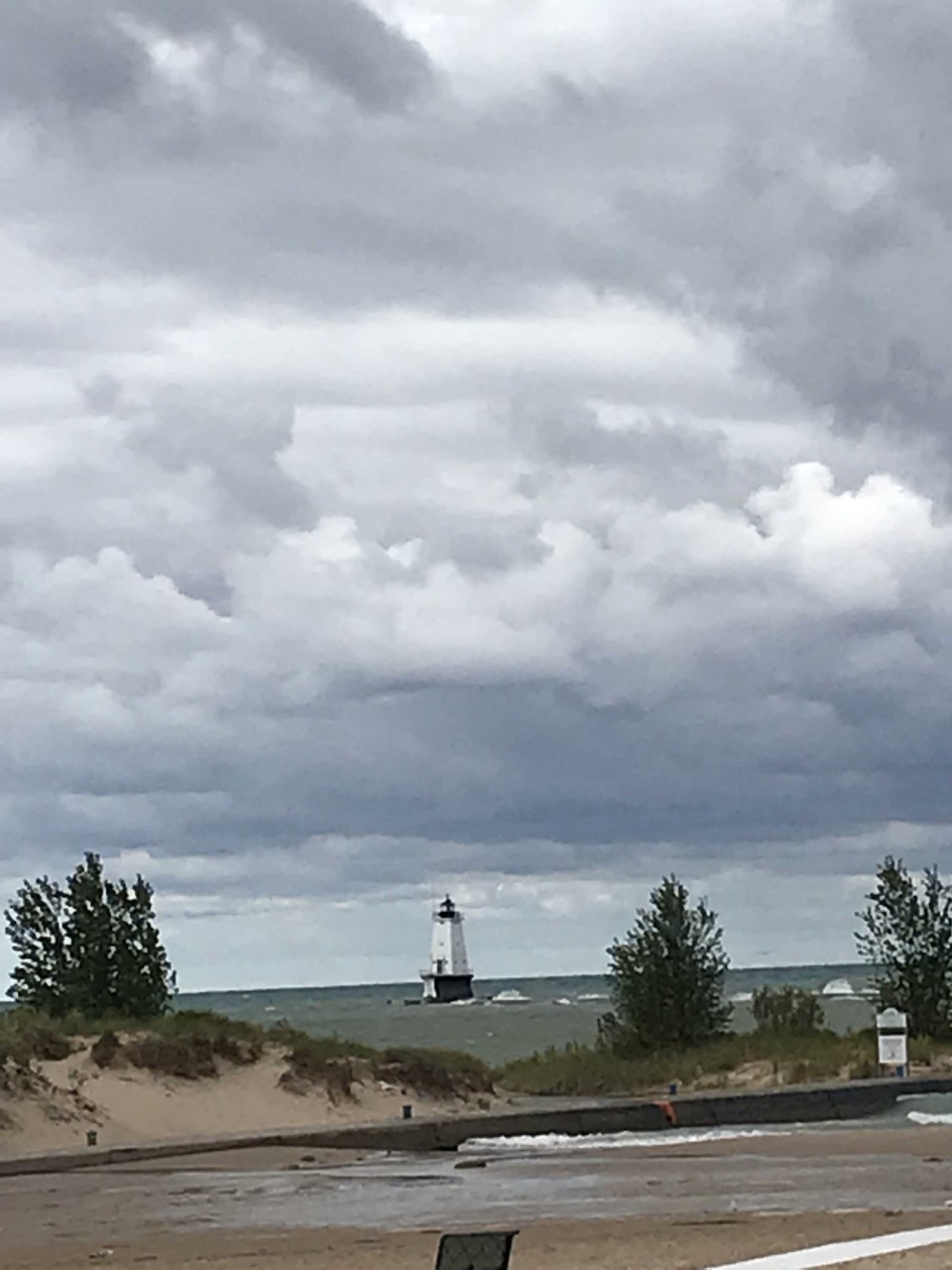
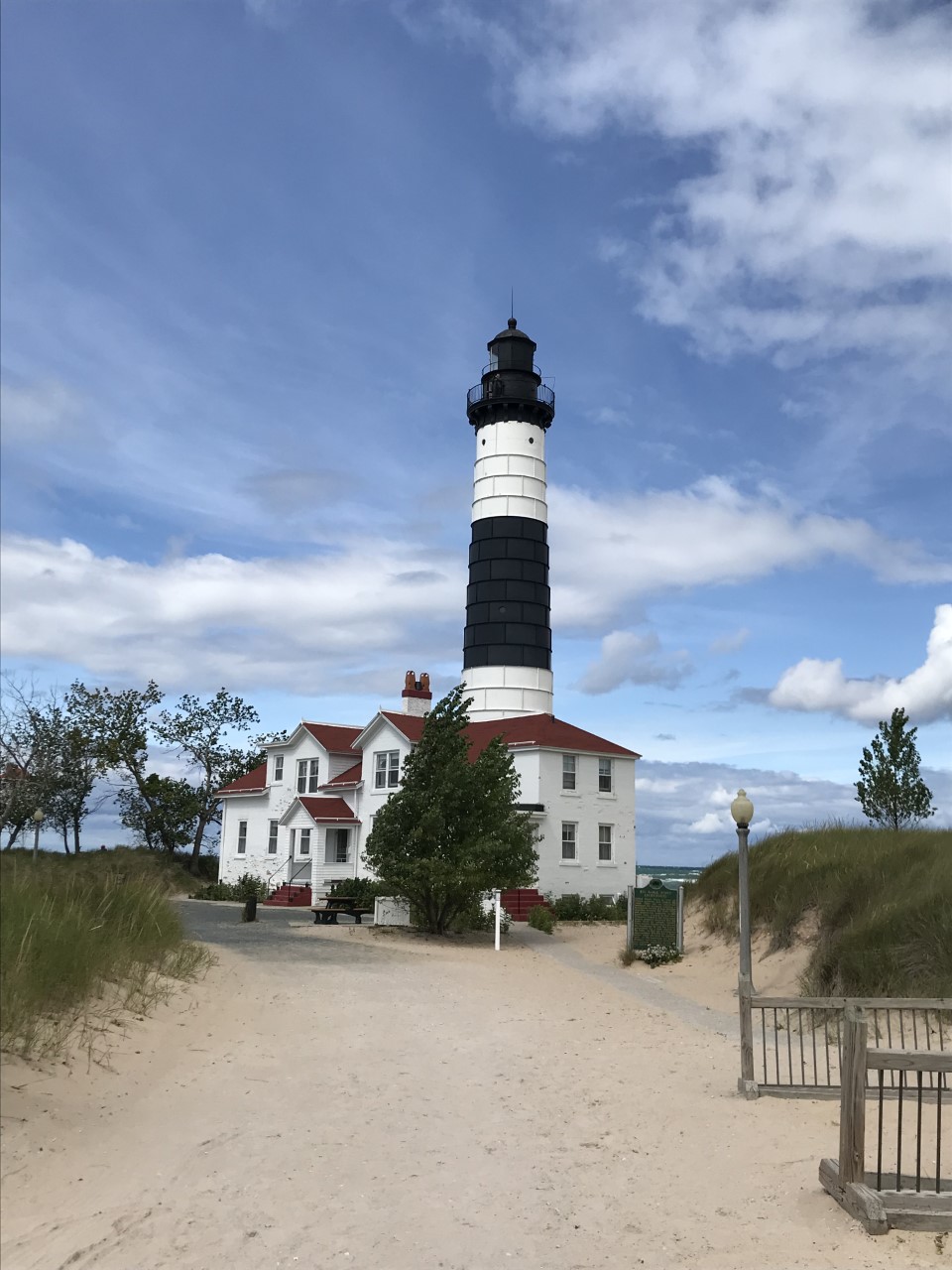
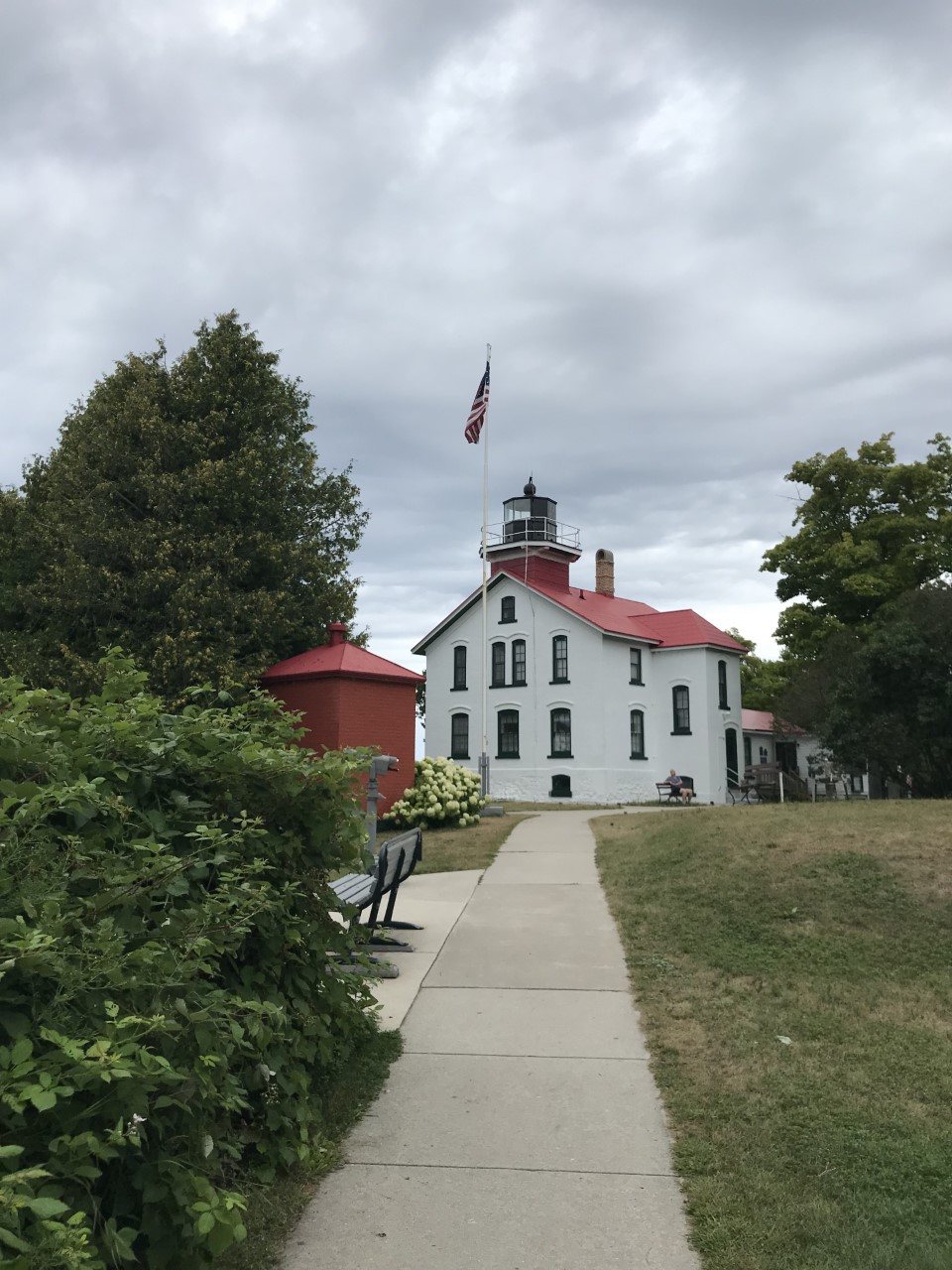
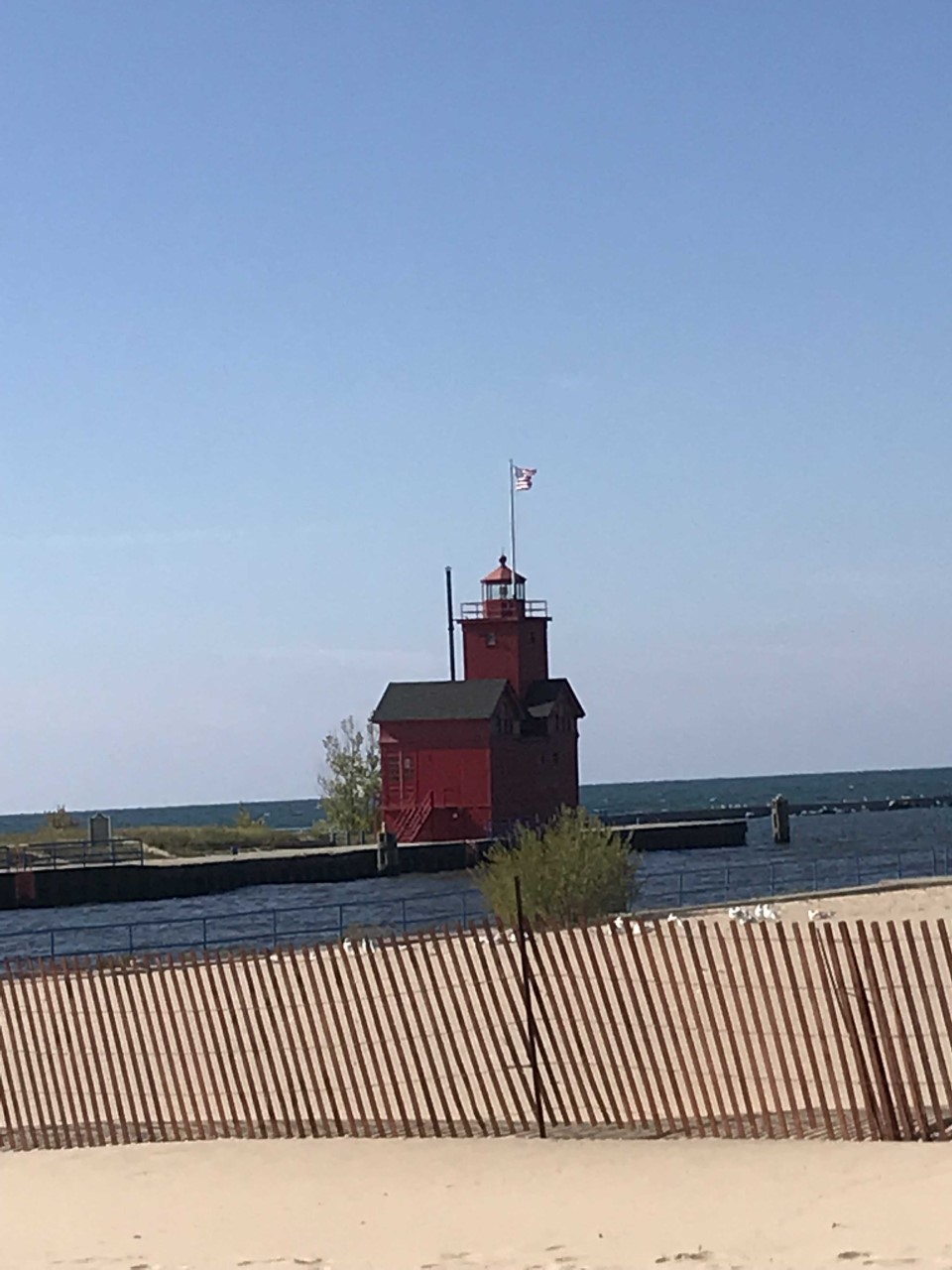

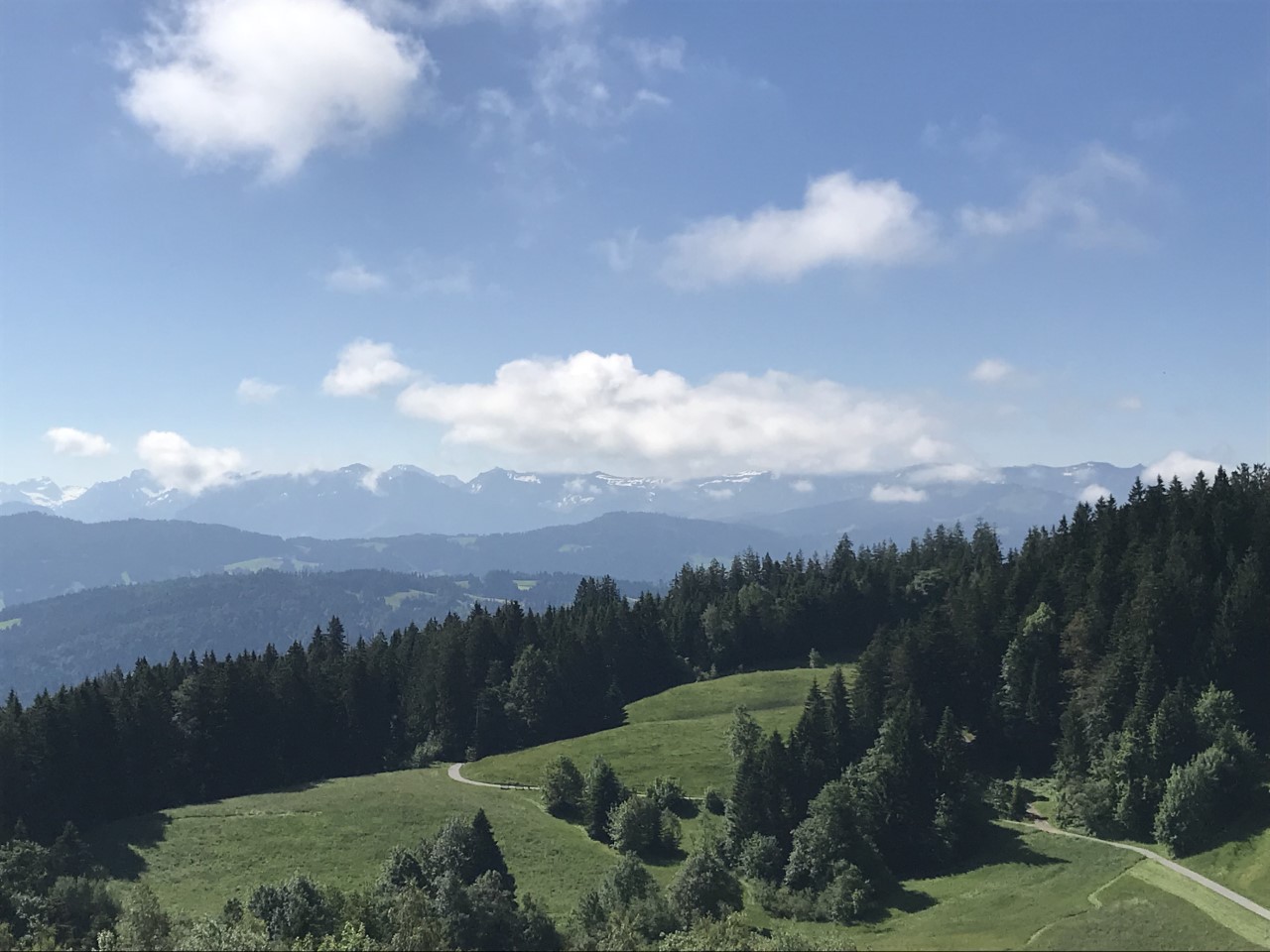

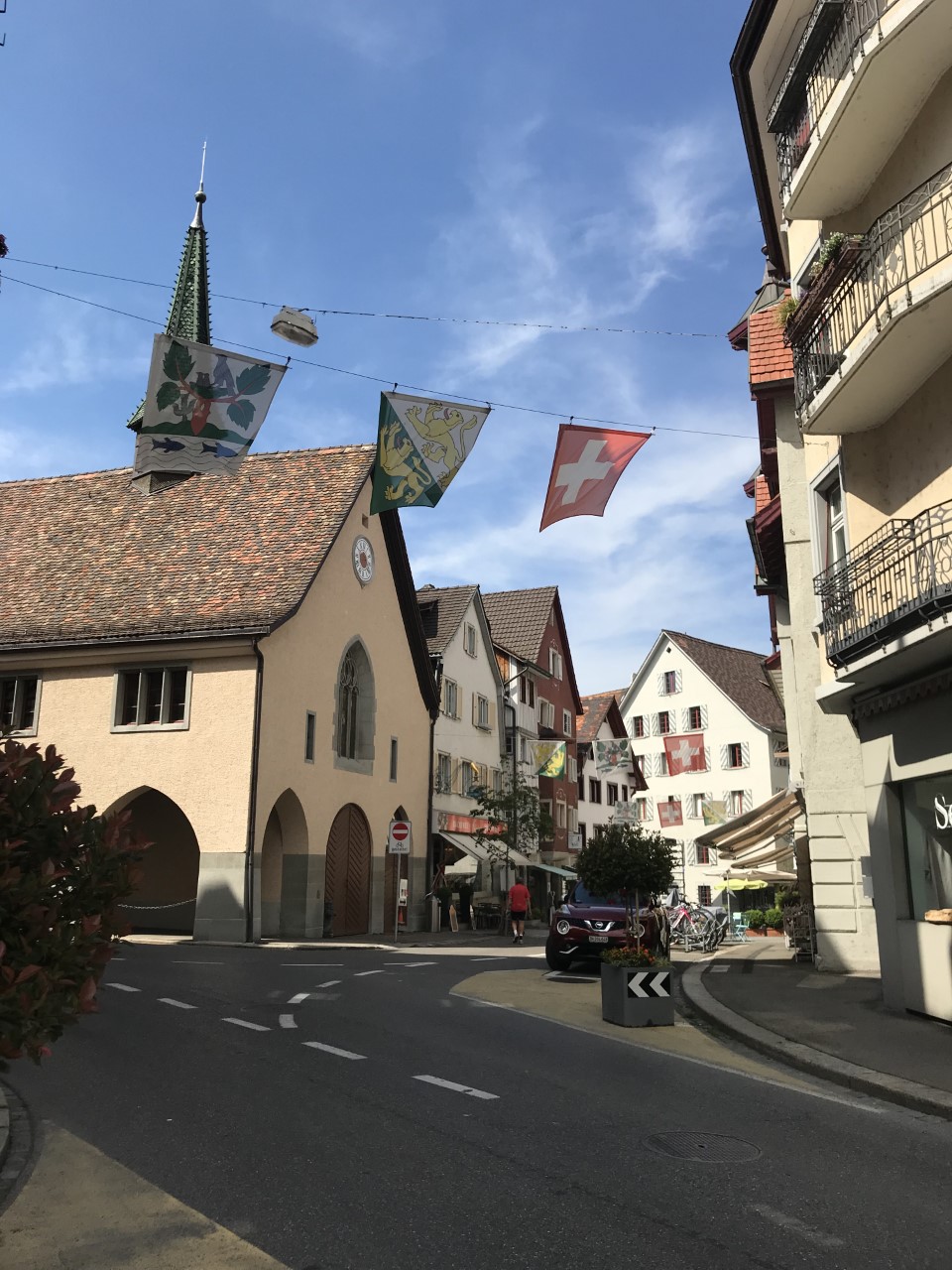

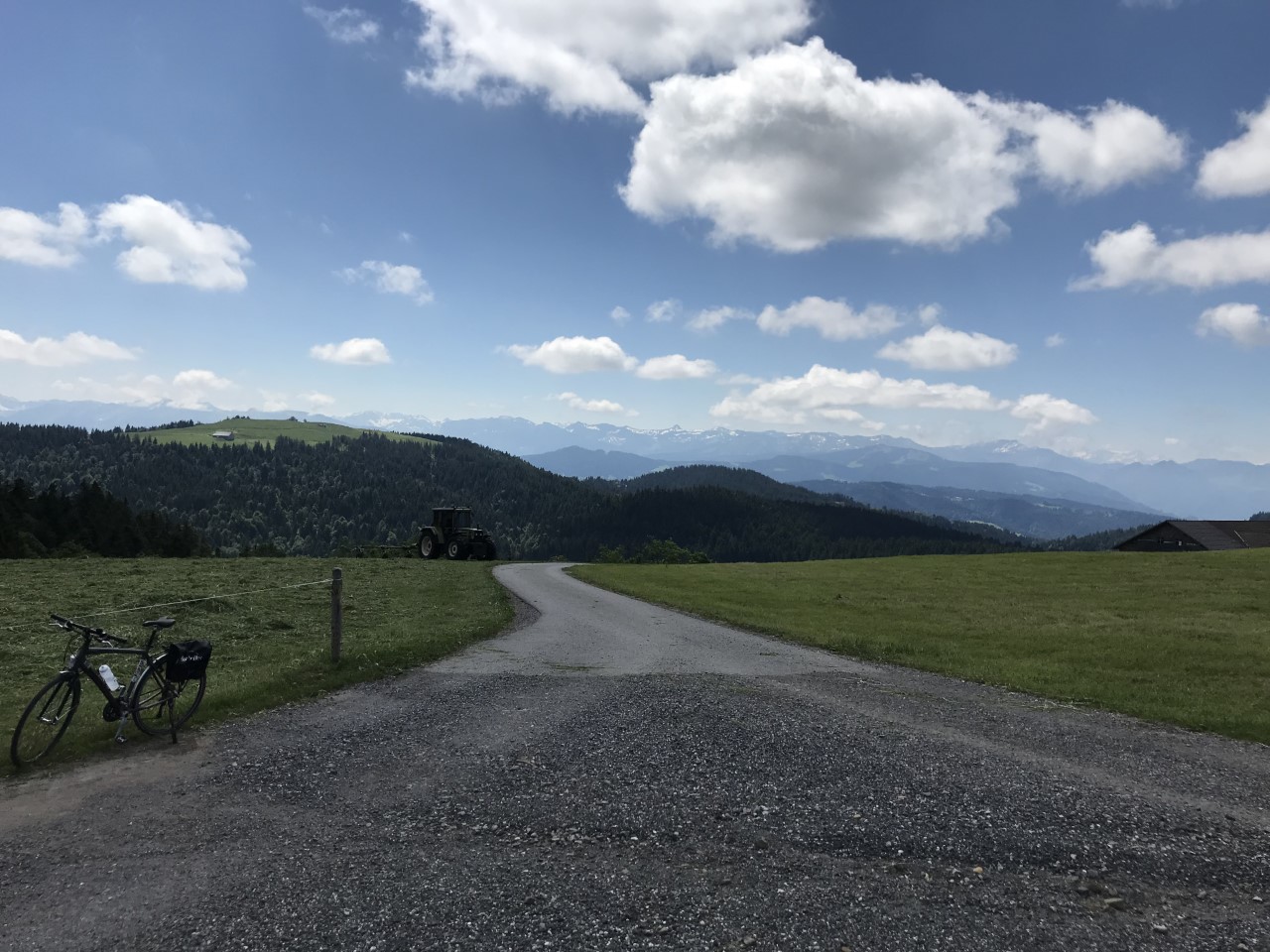
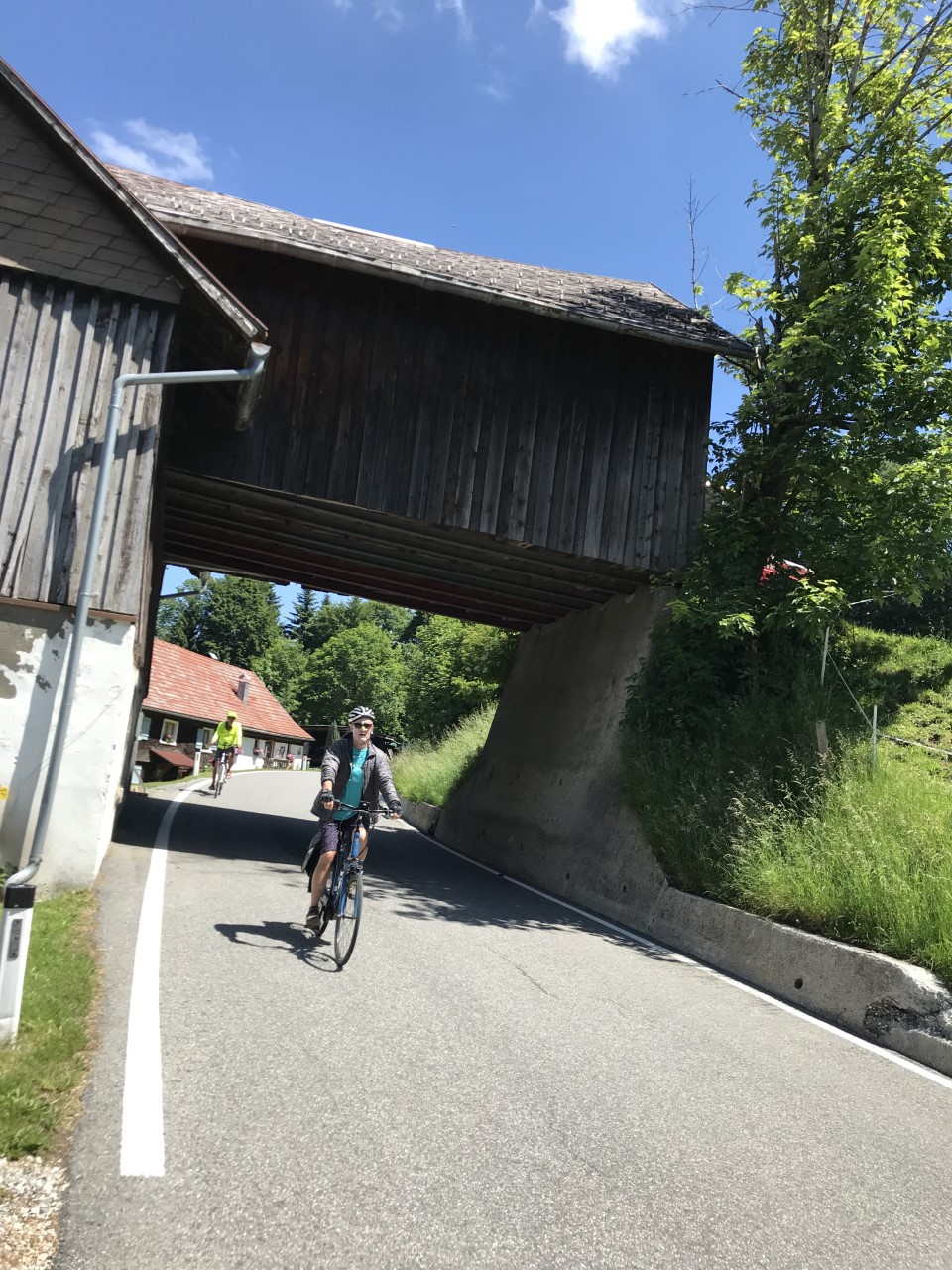
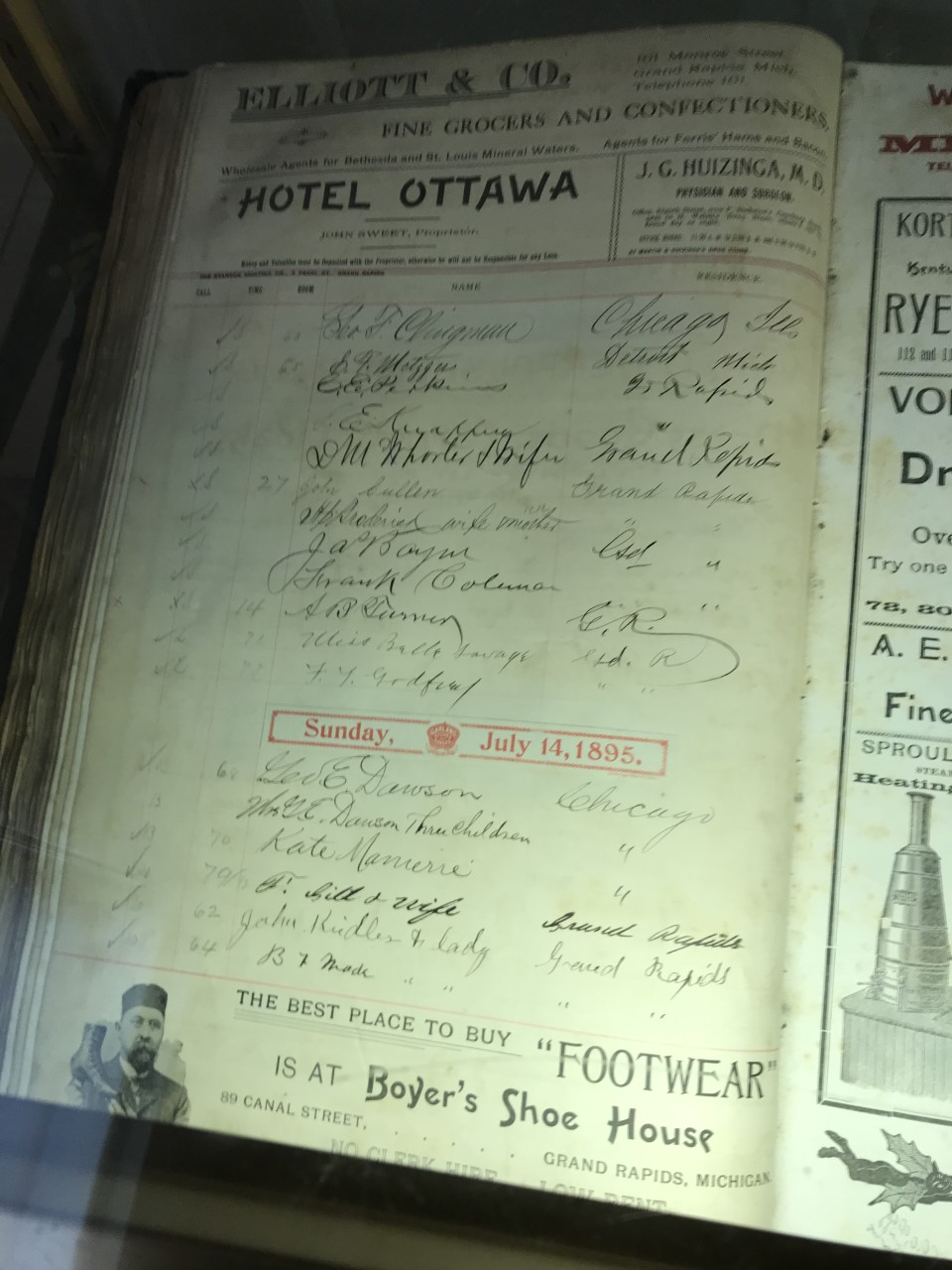
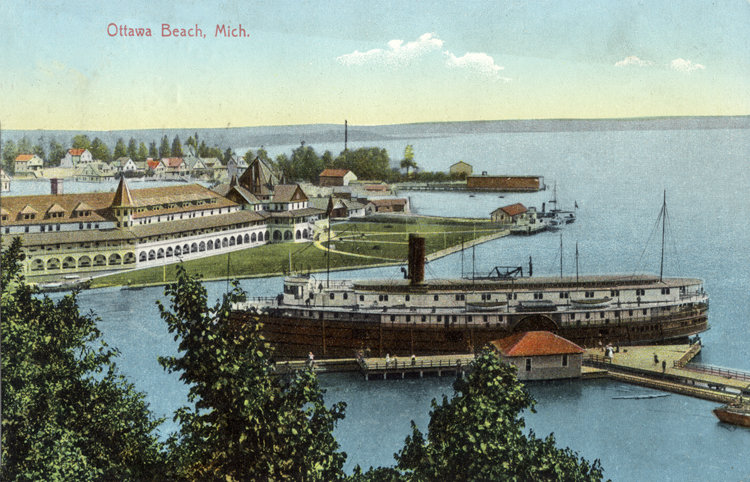 The hotel was a popular tourist destination in the late 1800s when steamships brought guests, like the heroine in my novel, across Lake Michigan from Chicago to vacation at the beach. Unfortunately, the hotel burned down in 1923 and wasn’t rebuilt. The only thing that’s left is the brick pumphouse that once generated electricity for the hotel and nearby cottages. The pumphouse is now a lovely little museum that features a display of the hotel’s guest book and other artifacts from that time period.
The hotel was a popular tourist destination in the late 1800s when steamships brought guests, like the heroine in my novel, across Lake Michigan from Chicago to vacation at the beach. Unfortunately, the hotel burned down in 1923 and wasn’t rebuilt. The only thing that’s left is the brick pumphouse that once generated electricity for the hotel and nearby cottages. The pumphouse is now a lovely little museum that features a display of the hotel’s guest book and other artifacts from that time period.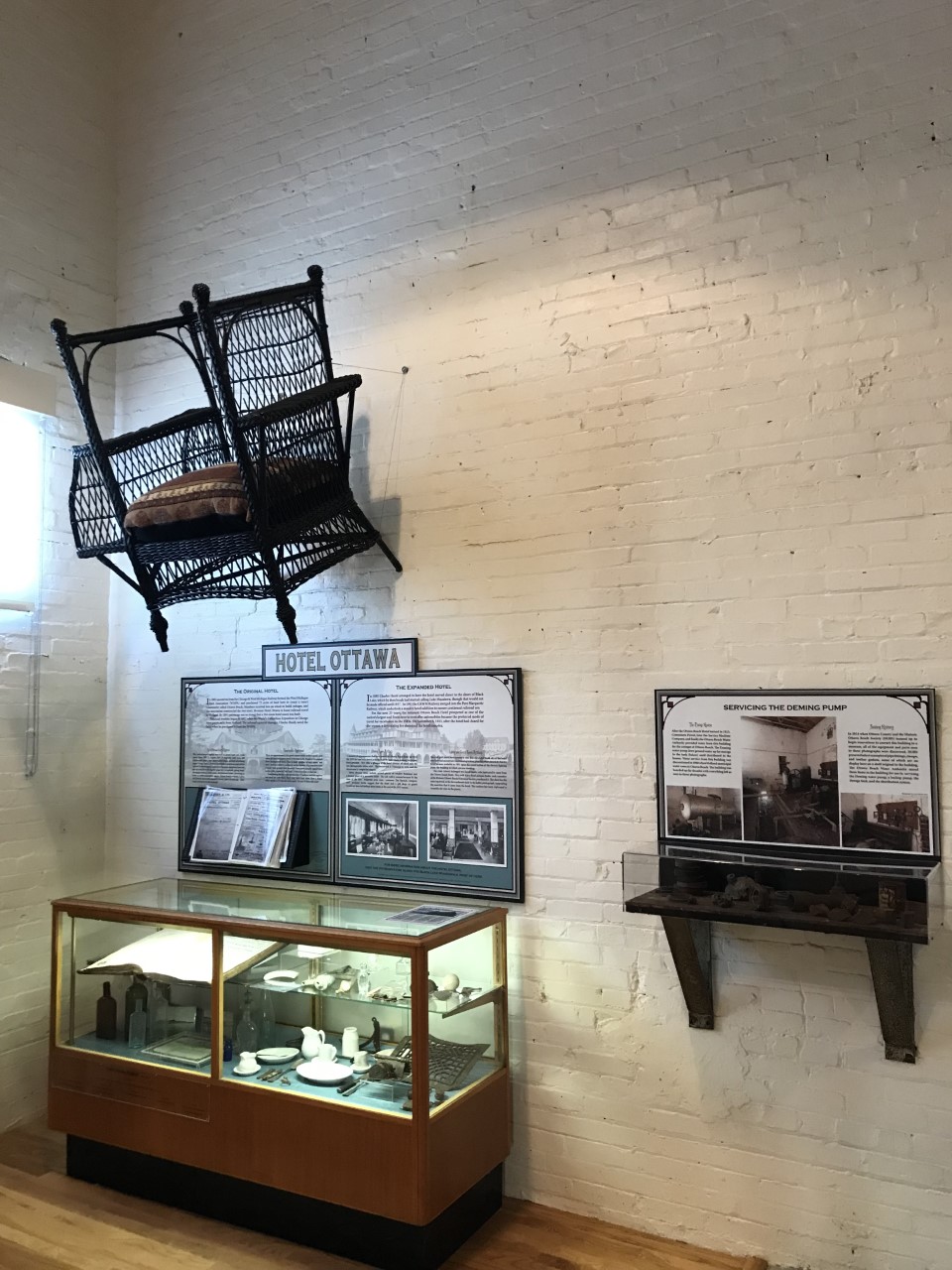
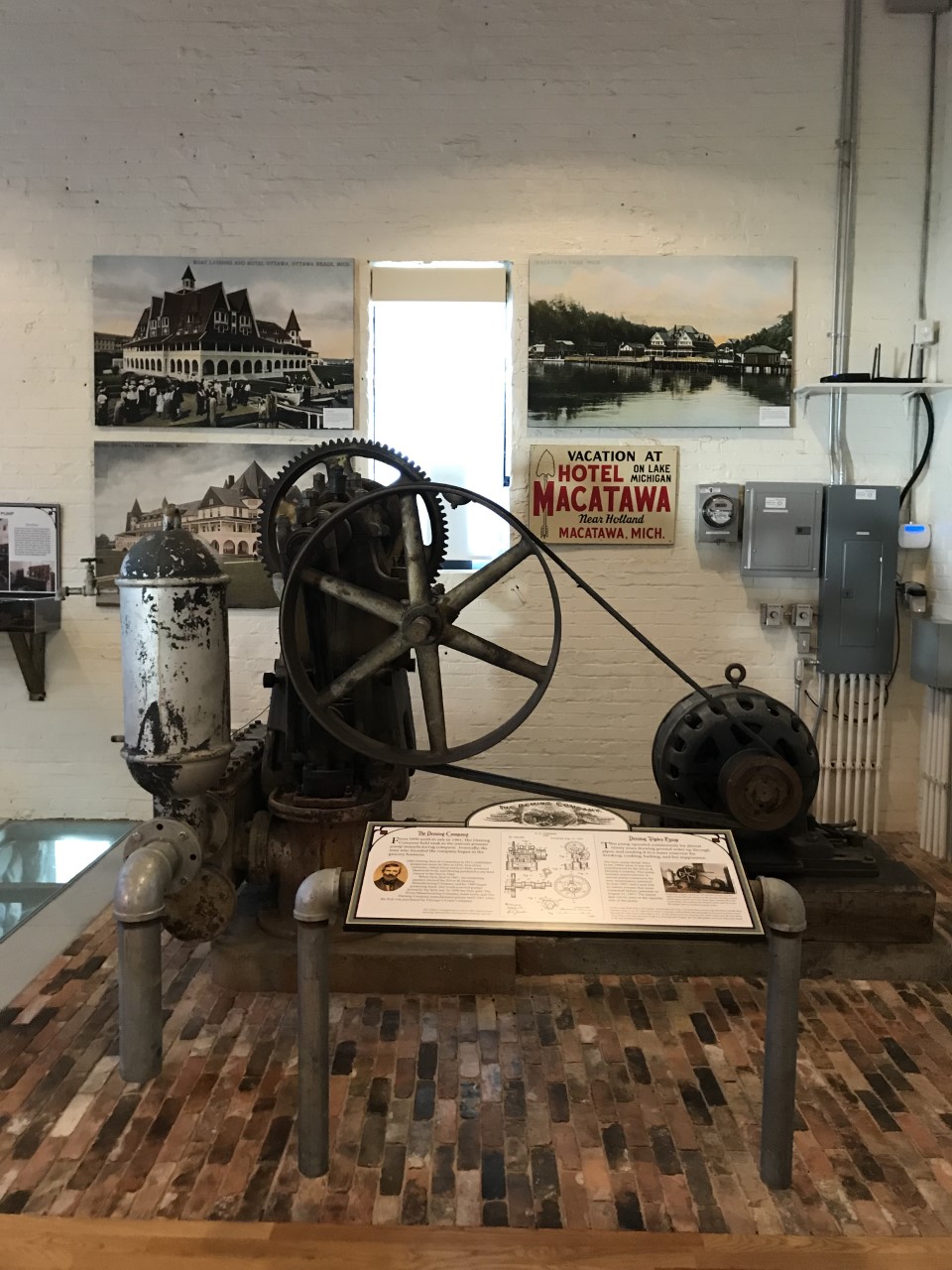 Last week I was asked to speak at the Pumphouse Museum as part of their summer lecture series. The warm, enthusiastic audience listened, on that beautiful summer evening, as I spoke about my book and my journey as a writer. The story of my writing career and how I got started is really the story of God’s faithfulness over the years. Each time I tell it, I’m reminded of all the hard times and all the little miracles along the way—as well as the lessons God taught me through each one. He used the ups and downs of my writing journey to draw me closer to Him, and so each time I tell my story, I’m really telling about His goodness and love.
Last week I was asked to speak at the Pumphouse Museum as part of their summer lecture series. The warm, enthusiastic audience listened, on that beautiful summer evening, as I spoke about my book and my journey as a writer. The story of my writing career and how I got started is really the story of God’s faithfulness over the years. Each time I tell it, I’m reminded of all the hard times and all the little miracles along the way—as well as the lessons God taught me through each one. He used the ups and downs of my writing journey to draw me closer to Him, and so each time I tell my story, I’m really telling about His goodness and love.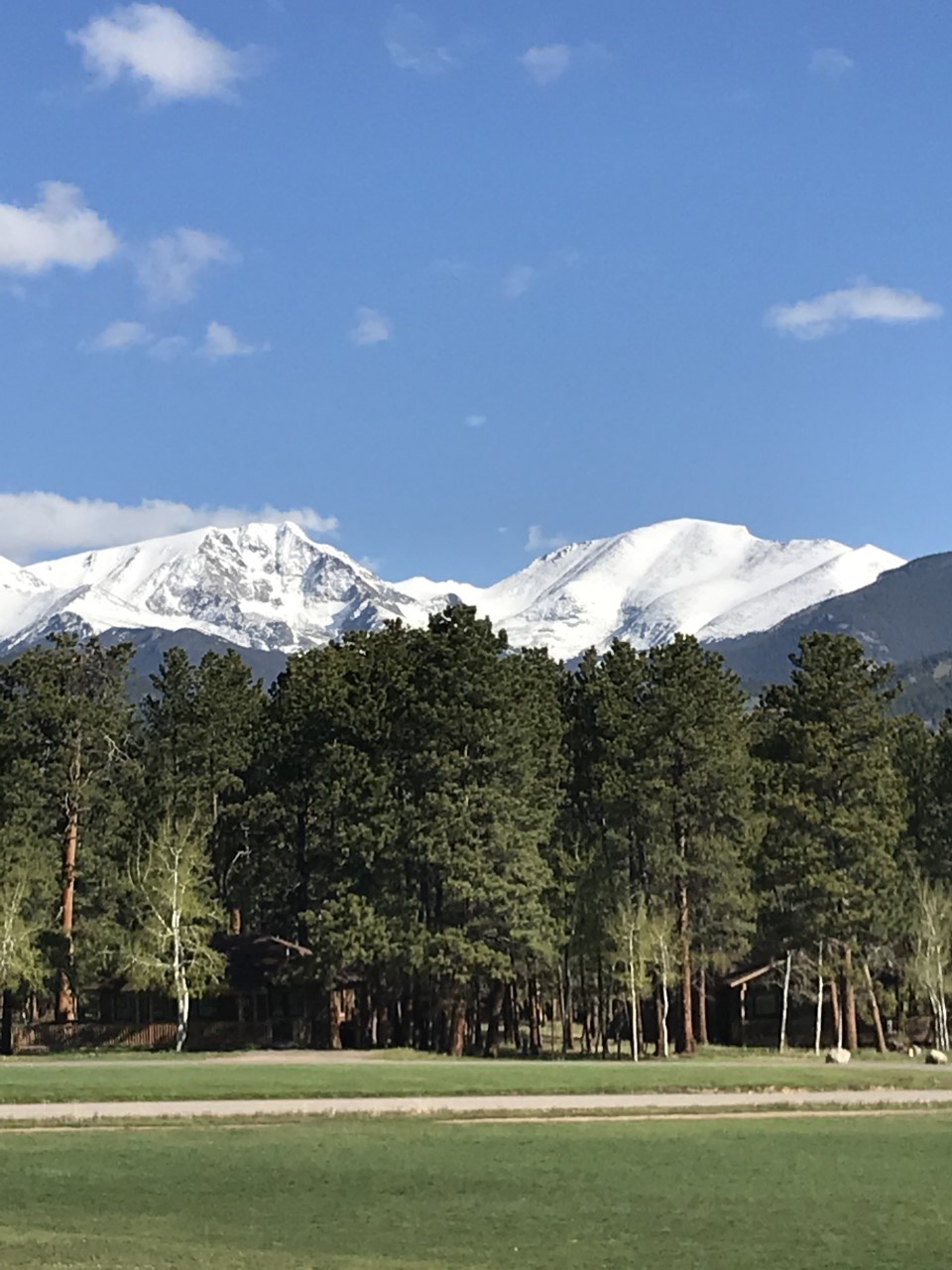
 This is the view of the Rocky Mountains that I woke up to every morning last week. My husband and I spent the week vacationing in Estes Park, Colorado with our daughter, son-in-law, and two granddaughters. Each day, we hiked the trails in Rocky Mountain National Park and enjoyed the breathtaking scenery. I couldn’t get enough of these awesome mountain views.
This is the view of the Rocky Mountains that I woke up to every morning last week. My husband and I spent the week vacationing in Estes Park, Colorado with our daughter, son-in-law, and two granddaughters. Each day, we hiked the trails in Rocky Mountain National Park and enjoyed the breathtaking scenery. I couldn’t get enough of these awesome mountain views.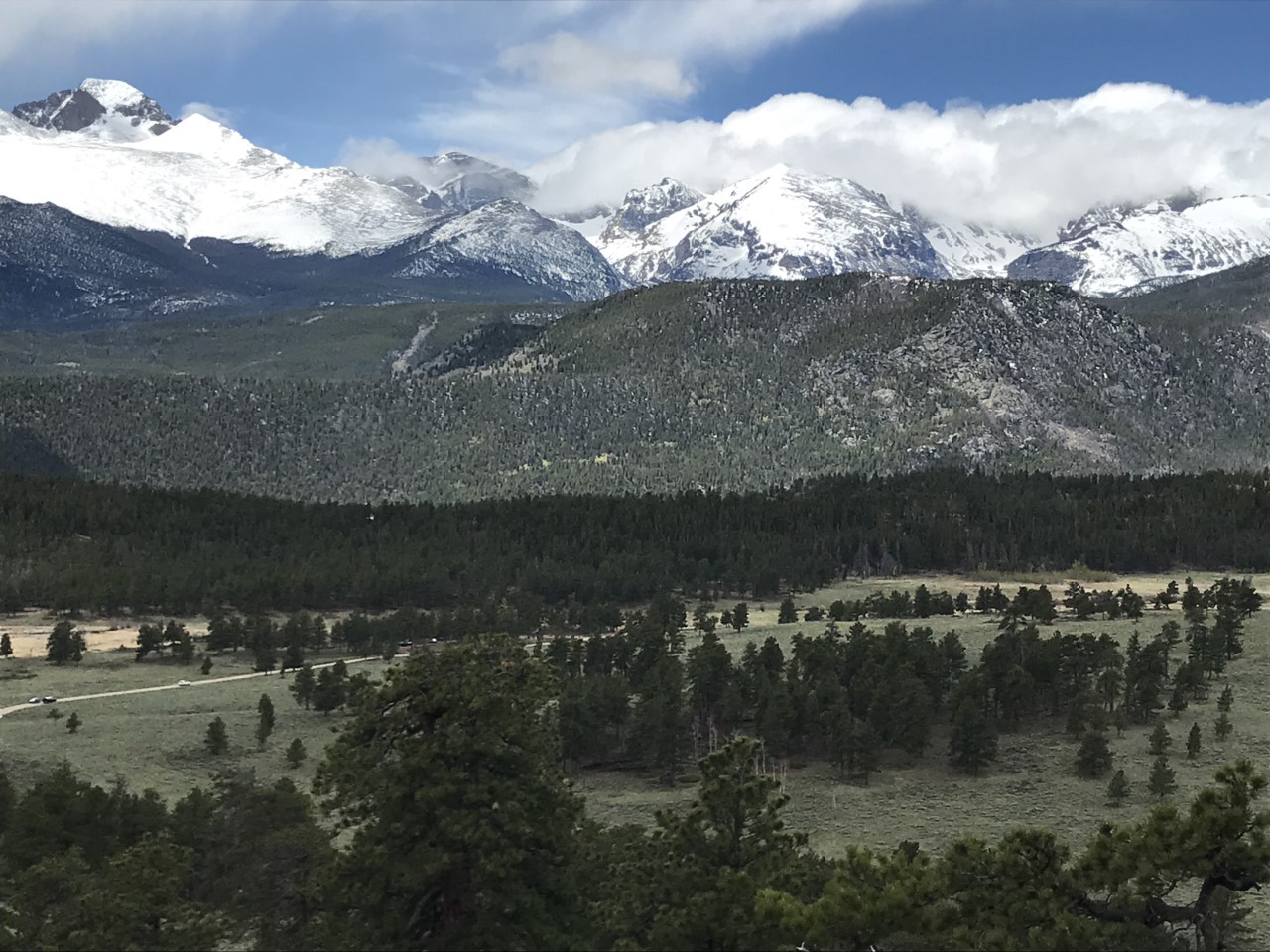 Of course, the wonders of God’s creation are all around us if we take time to notice them, but there’s something about this mountain scenery that left me in awe of God’s glory and splendor in a fresh way. At times, I was rendered speechless by their beauty. At other times I wanted to shout, “See these mountains? My Father made them!”
Of course, the wonders of God’s creation are all around us if we take time to notice them, but there’s something about this mountain scenery that left me in awe of God’s glory and splendor in a fresh way. At times, I was rendered speechless by their beauty. At other times I wanted to shout, “See these mountains? My Father made them!” I can understand how people who don’t know God might imagine that He must be like these majestic mountains—cold and distant and inaccessible. But that isn’t how He reveals himself in scripture. We don’t have to labor and strive to climb some lofty, spiritual peak in order to reach Him. Instead, He came down to us through His Son.
I can understand how people who don’t know God might imagine that He must be like these majestic mountains—cold and distant and inaccessible. But that isn’t how He reveals himself in scripture. We don’t have to labor and strive to climb some lofty, spiritual peak in order to reach Him. Instead, He came down to us through His Son. And maybe that’s what left me so breathless whenever I gazed at the mountains. Imagine! The Creator of something this enormous and magnificent and beautiful loves you and me!
And maybe that’s what left me so breathless whenever I gazed at the mountains. Imagine! The Creator of something this enormous and magnificent and beautiful loves you and me!